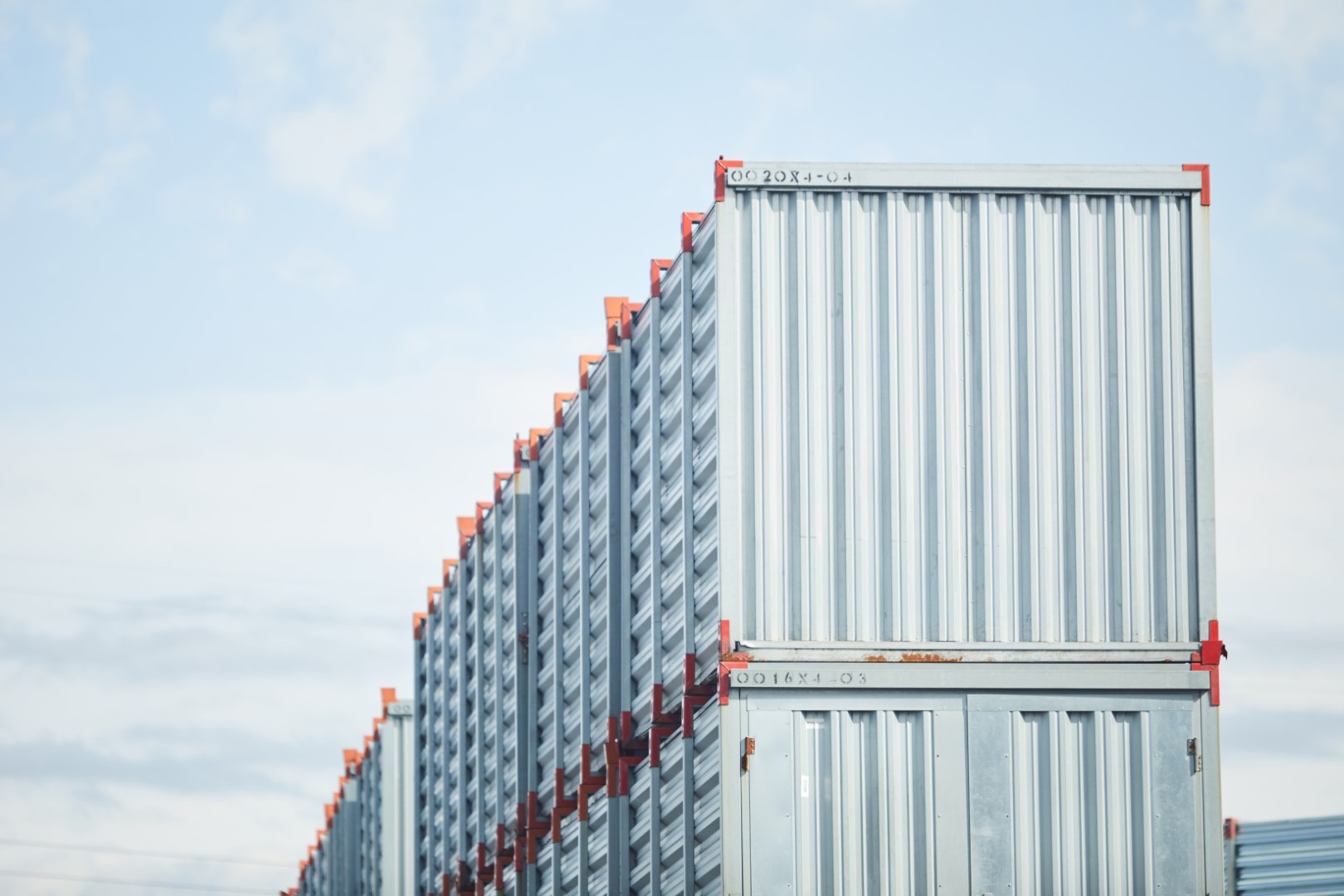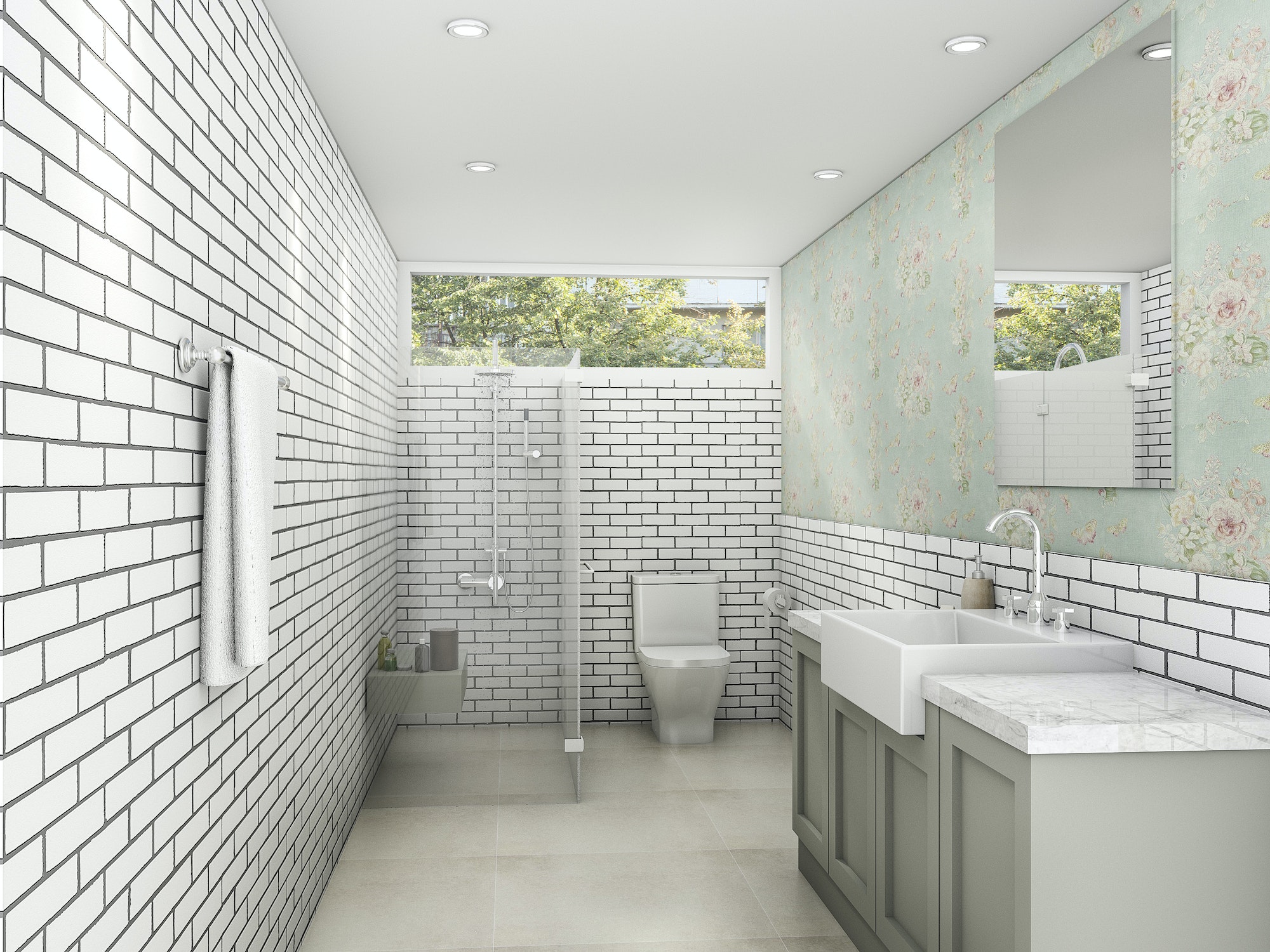Introduction
Steel storage containers, also known as shipping containers, have seen a surge in popularity due to their durability, versatility, and cost-effectiveness. Originally designed for transporting goods across oceans, these containers have found a new life in various applications, including storage for large items. This blog post will delve into the ins and outs of steel storage containers, providing a comprehensive guide for anyone considering their use.
Understanding Steel Storage Containers
Steel storage containers are large, rectangular boxes made from high-strength steel. They come in various sizes, but the most common dimensions are 20 and 40 feet in length. These containers are designed to withstand harsh weather conditions, making them an excellent choice for long-term storage.
The steel used in these containers is typically a type of weathering steel known as Cor-Ten.. This steel forms a protective layer of rust when exposed to the elements, which helps to prevent further corrosion. This makes it ideal for applications where durability and longevity are paramount.
Features of Steel Storage Containers
Durability
The high-strength steel used in these containers makes them incredibly durable. They are designed to withstand the rigors of ocean travel, including high winds, saltwater, and heavy loads].
Weather Resistance
Thanks to the use of Cor-Ten steel, these containers are highly resistant to weather. They can withstand extreme temperatures, heavy rainfall, and even snow.
Rodent-free storage
Steel storage containers offer an excellent solution for storing items that might otherwise be damaged by rodents. The steel construction prevents rodents from entering, keeping your belongings safe and secure.
Space efficiency
Despite their large size, steel storage containers are surprisingly space-efficient. Their rectangular shape allows for easy stacking, making them an excellent choice for sites with limited space.
Mobility
One of the key benefits of steel storage containers is their mobility. They can be easily moved from one location to another, providing flexible storage solutions.
Types of Steel Storage Containers and Their Use Cases
Steel storage containers can be used in a variety of settings, including residential, commercial, and as mobile offices.
Residential Use
1. Additional storage space: Steel storage containers provide an excellent solution for homeowners in need of extra storage space.
2. Backyard sheds: They can be used as backyard sheds, providing a secure and durable space for tools, equipment, and other items.
3. Vacation home storage: For those with vacation homes, these containers offer a convenient way to store personal belongings during the off-season.
4. Pool house storage: They can also serve as a storage solution for pool equipment and supplies.
5. Additional property space: Larger properties can benefit from the use of multiple containers, providing ample storage for various items.
Commercial Use
1. Tool shed: Businesses in industries such as construction and landscaping can use steel storage containers as tool sheds.
2. Extra warehouse storage: They are also an effective solution for businesses needing extra warehouse storage.
3. Excess inventory storage: Retail businesses can use these containers to store excess inventory, particularly during peak seasons.
Mobile Office
1. Portable office: With the addition of insulation and HVAC systems, steel storage containers can be transformed into comfortable, portable offices.
2. Home office: They can also serve as home offices, providing a separate and quiet space for work.
3. Studio space: Artists and creatives can use these containers as studio spaces, allowing for flexibility and mobility.
4. Construction site office: On construction sites, these containers can serve as secure and portable site offices.
Buying Guide for Steel Storage Containers
When buying a steel storage container, there are several factors to consider:
1. Size: Choose a container that fits your space and storage needs. The most common sizes are 20 and 40 feet, but other sizes are available.
2. Condition: New containers will be more expensive, but they will also be more durable and longer-lasting. Used containers can be a cost-effective option, but be sure to check for any signs of damage or wear.
3. Supplier: Buy from a reputable supplier to ensure you get a quality product. Some suppliers offer delivery and installation services, which can be a major convenience.
4. Price: Prices for steel storage containers can vary widely, so be sure to shop around to get the best deal.
Care and Maintenance of Steel Storage Containers
Proper care and maintenance can extend the lifespan of your steel storage container:
1. Regularly check for rust: While Cor-Ten steel is designed to resist corrosion, rust can still occur, particularly in areas of the container that are regularly exposed to water. Regularly inspect your container and treat any rust spots as soon as possible.
2. Keep the container clean: Regularly clean the interior and exterior of your container to prevent dirt and grime buildup.
3. Ensure proper ventilation: To prevent condensation and moisture buildup, ensure your container is properly ventilated.
Conclusion
Steel storage containers offer a versatile, durable, and cost-effective storage solution for both individuals and businesses. With their ability to withstand harsh conditions and their ease of mobility, they provide an excellent solution for a wide range of storage needs.
Discover more from Futurist Architecture
Subscribe to get the latest posts sent to your email.




